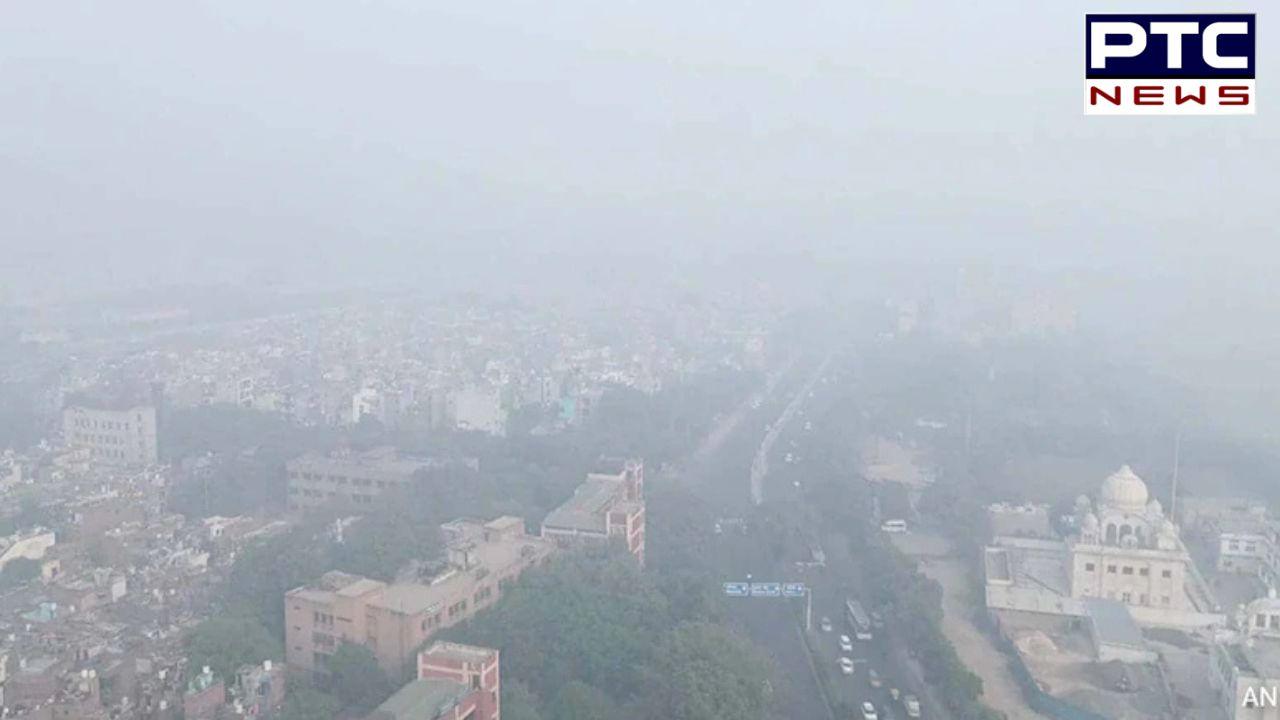Delhi air pollution: What happens to your body when you inhale toxic air?
PM2.5 particles are tiny, measuring less than 2.5 microns | Can penetrate deep into the lungs | Pregnant women are at significant risk
Air pollution: As a thick layer of toxic smog chokes Delhi, residents of the Indian capital are grappling with an annual pollution crisis that has reached alarming levels this year. The authorities have imposed strict measures, including halting construction activities, banning diesel trucks, closing schools and colleges, and recommending work-from-home models to combat the deteriorating air quality. However, the impact on the health of Delhi’s more than 30 million residents remains a cause for grave concern.
Air quality in Delhi hits hazardous levels
Delhi’s air quality index (AQI) skyrocketed to 494 on Tuesday, crossing the “severe plus” threshold. The concentration of PM2.5 — fine particulate matter harmful to human health — reached an astonishing 737 on Monday, according to Swiss air quality monitoring group IQAir. This level is approximately 150 times higher than the World Health Organization’s (WHO) safe limit, making Delhi the most polluted city in the world.
PM2.5 particles are tiny, measuring less than 2.5 microns, and can penetrate deep into the lungs, entering the bloodstream and causing widespread harm to the body. "Breathing such toxic air is equivalent to smoking 50 cigarettes a day," says experts associated with respiratory and chest clinic.
When exposed to high levels of air pollution, the body reacts swiftly. Pollutants irritate the nasal passages, triggering allergic rhinitis, and causing persistent headaches. Skin conditions such as eczema and dermatitis often worsen, while prolonged exposure increases the risk of developing asthma, chronic obstructive pulmonary disease (COPD), and even lung cancer.

High PM2.5 levels are particularly harmful in winter. Experts say ultrafine particles less than 0.1 microns can enter the bloodstream, contributing to hypertension, ischemia, and heart attacks. They can also reach the brain, causing cognitive decline, headaches, and memory loss.
Long-term effects of polluted air
The long-term consequences of breathing toxic air are even more alarming. Air pollution has been linked to serious health conditions, including chronic kidney and liver diseases, neuroinflammatory disorders, and compromised reproductive health. Pregnant women are at significant risk, as polluted air can damage the placenta, disrupt fetal growth, and increase the likelihood of stillbirths and developmental issues in children.
A study published in Nature in 2022 revealed that over 40% of the 2 million stillbirths reported globally in 2015 were caused by PM2.5 exposure beyond WHO limits. Children growing up in polluted environments like Delhi suffer from higher rates of asthma, allergic rhinitis, eczema, and chronic cough compared to their peers in less polluted areas.
Notably, Delhi’s smog problem worsens each winter, driven by a combination of stubble burning in neighbouring states, vehicular emissions, construction dust, and unfavourable weather conditions. This year, authorities introduced the strictest measures yet, including temporary restrictions on vehicle and industrial activities, but the toxic air continues to harm vulnerable groups.
Environment Minister Gopal Rai acknowledged the severity of the situation, saying, “People, including children and senior citizens, are struggling to breathe, and we deeply regret this situation.” Experts have advised elderly individuals, children, and those with respiratory, cardiovascular, or other chronic conditions to remain indoors until air quality improves.
Protecting yourself from air pollution
Stay indoors: Avoid outdoor activities, especially during peak pollution hours.
Use air purifiers: Install HEPA-filter-based air purifiers at home.
Wear masks: N95 or N99 masks can filter out harmful particles.
Monitor air quality: Use apps or local AQI updates to plan activities when air quality is better.
Maintain indoor plants: Plants like aloe vera and peace lilies can improve indoor air quality.